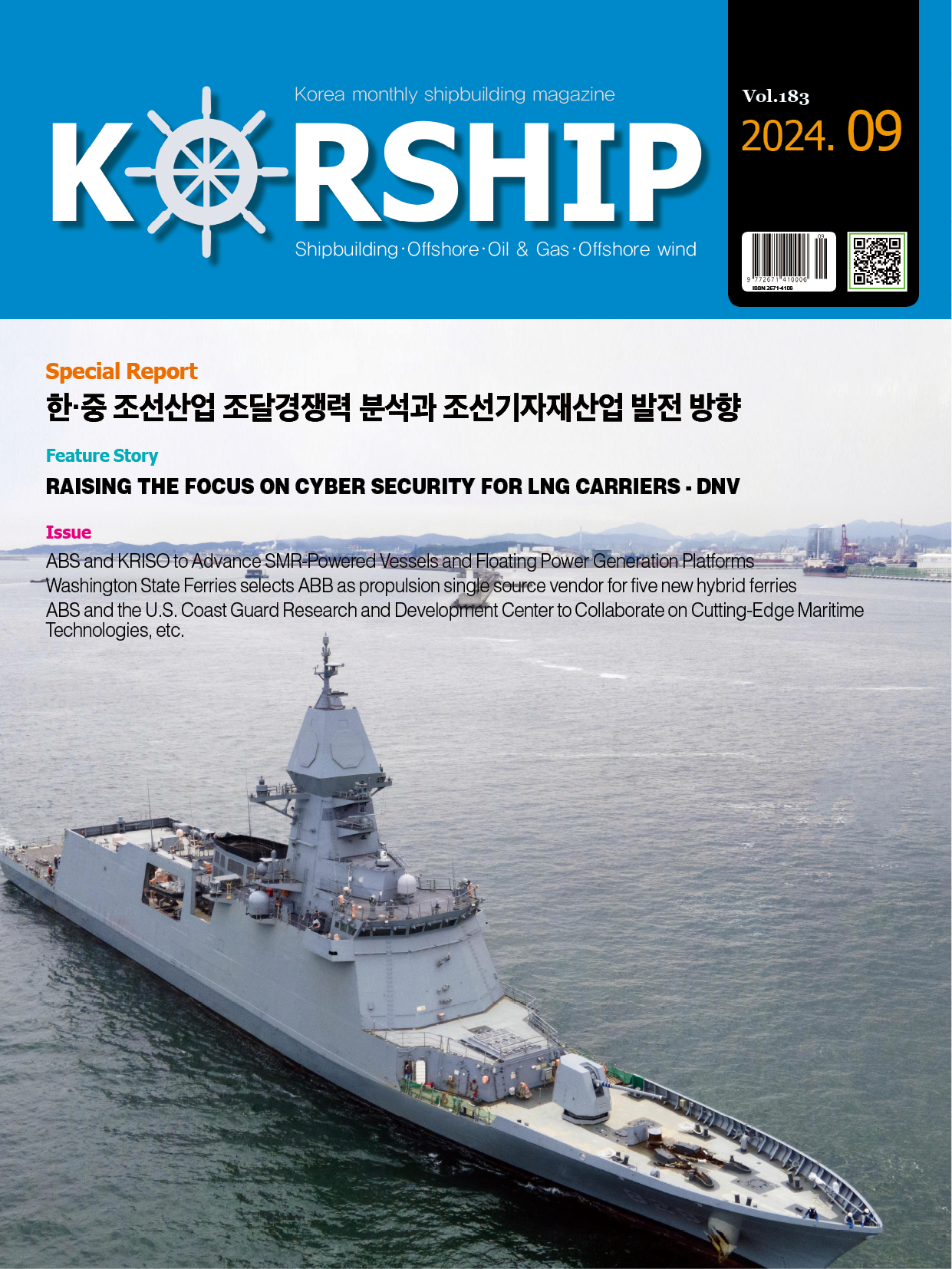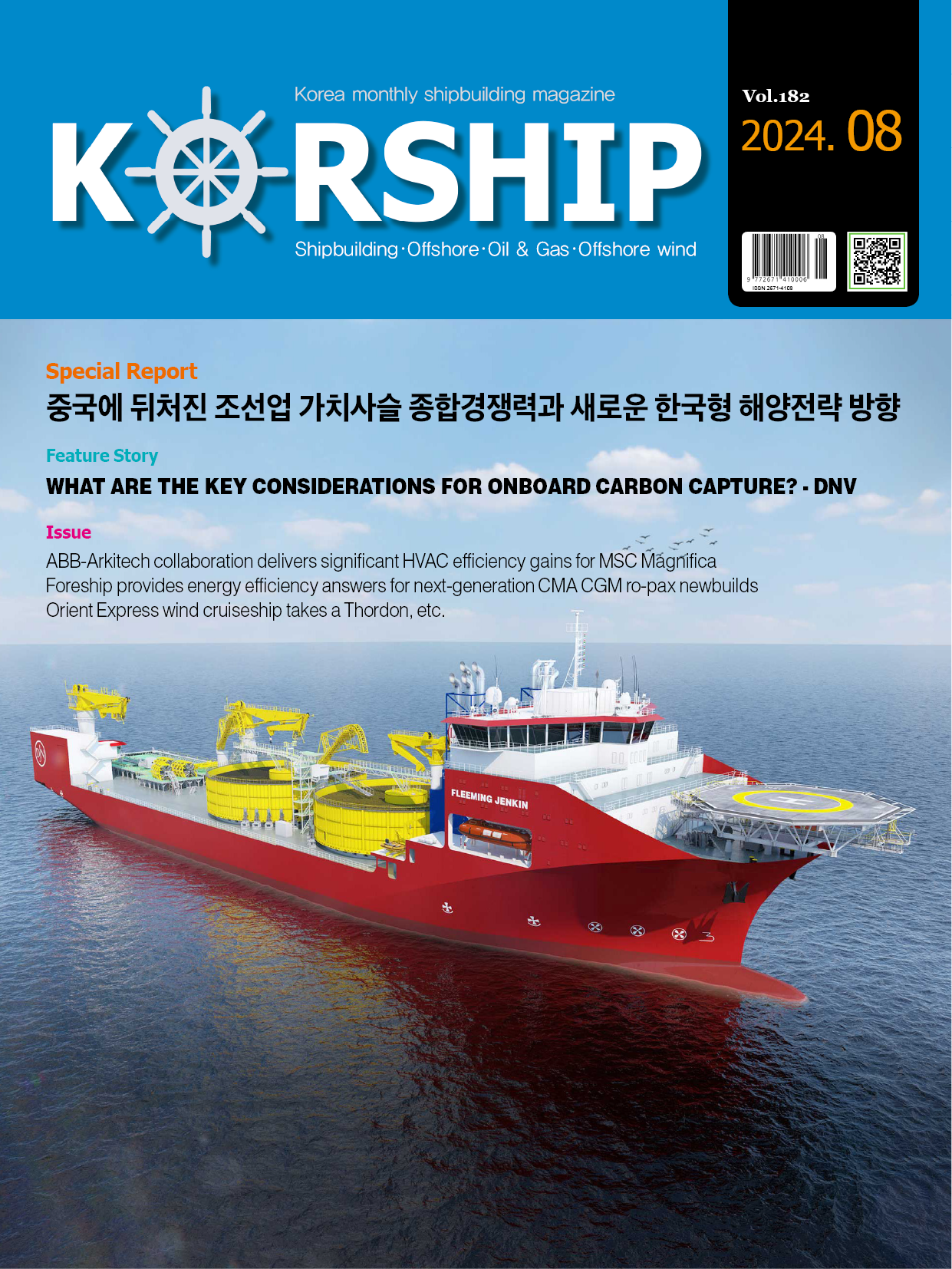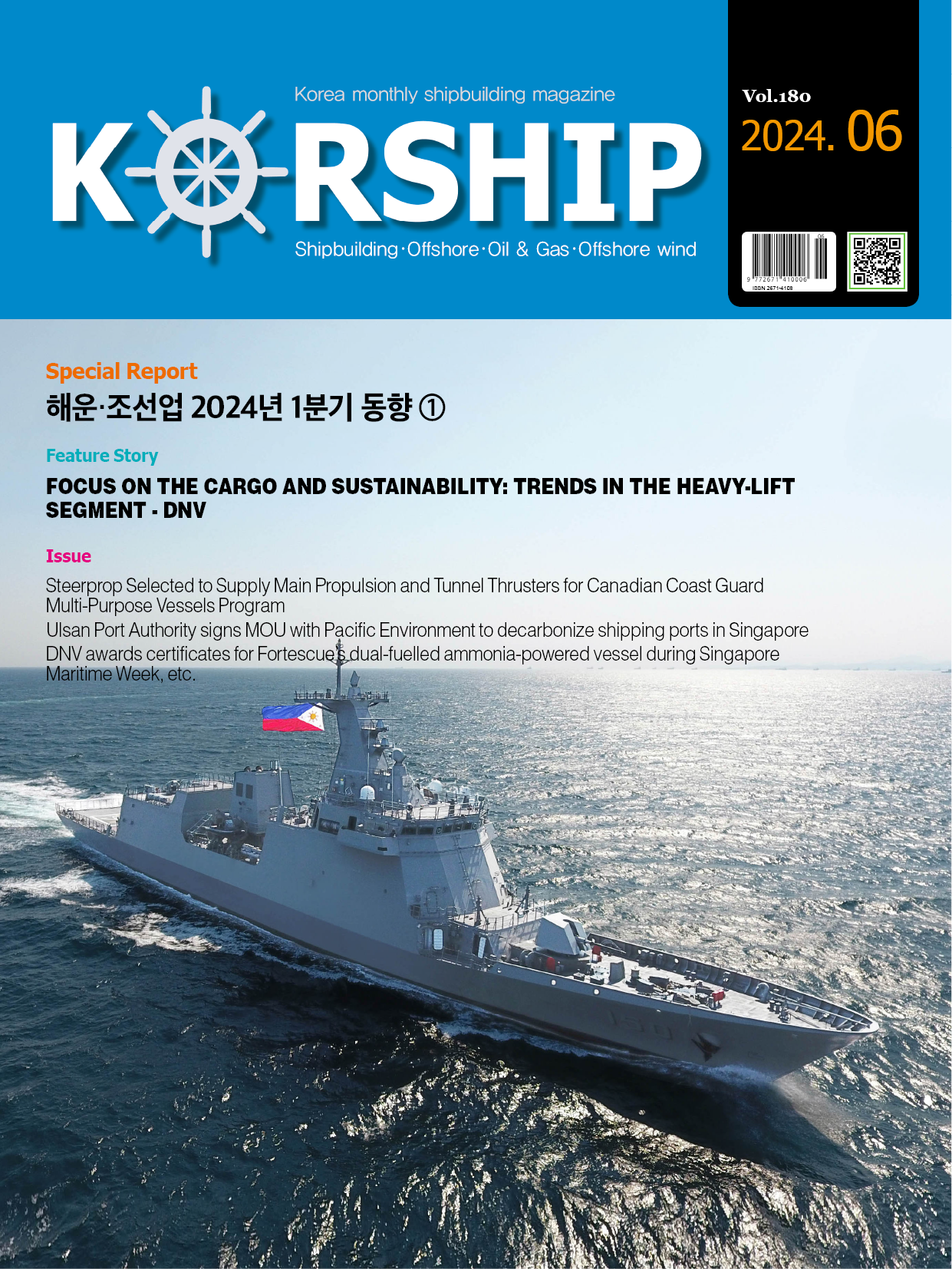Issue ABB and MAN to collaborate on dual-fuel electric propulsion solutions …
페이지 정보
작성자 최고관리자 댓글 0건 조회 1,699회 작성일 22-11-11 16:50본문
ABB and German engine manufacturer MAN Energy Solutions have set a course to work together on helping a key segment of global shipping ease pressure from rising fuel costs and greenhouse gas regulations. A Memorandum of Understanding, signed at September’s SMM trade show in Hamburg, envisages a dual-fuel electric plant concept based on MAN’s new 49/60DF four stroke engine and ABB’s Dynamic AC(DAC) system. The concept will aim to deliver the operational flexibility shipowners need to cut carbon footprint as well as fuel bills for carriers. In addition to the joint concept study, the scope of the cooperation covers sharing technical data as well as discussing interfaces and system integration.
Dual-fuel engines have consistently offered shipowners a high efficiency route to cleaner fuel alternatives while also retaining the flexibility to switch to conventional fuels as required. MAN’s latest 49/60DF four-stroke engine can run on LNG, diesel, biofuel blends and synthetic natural gas to provide fuel flexibility on the path to decarbonization. In ABB’s DAC concept, the electrical system combines the merits of conventional AC with the variable frequency which can adjust generator load to engine speeds, thereby optimizing total fuel consumption continuously. Installing an energy storage solution in the power plant will also add to improved fuel efficiency.
The new propulsion plant concept will be suitable for LNG carriers, FSUs(Floating Storage Units) and FSRUs(Floating Storage and Regasification Units).
A combined dual-fuel electric power and propulsion system could be installed with an energy storage solution to enhance load management or come coupled with ABB’s Azipod® electric propulsion. MAN and ABB will also explore integrating fuel cells as the technology matures.
The International Maritime Organization’s EEXI(Energy Efficiency Existing Ship Index) for existing ships and the CII(Carbon Intensity Indicator) reporting and rating regime will come into effect on January 1, 2023, representing a true starting point for global shipping’s journey towards its 2030 and 2050 targets for reducing carbon emissions.












